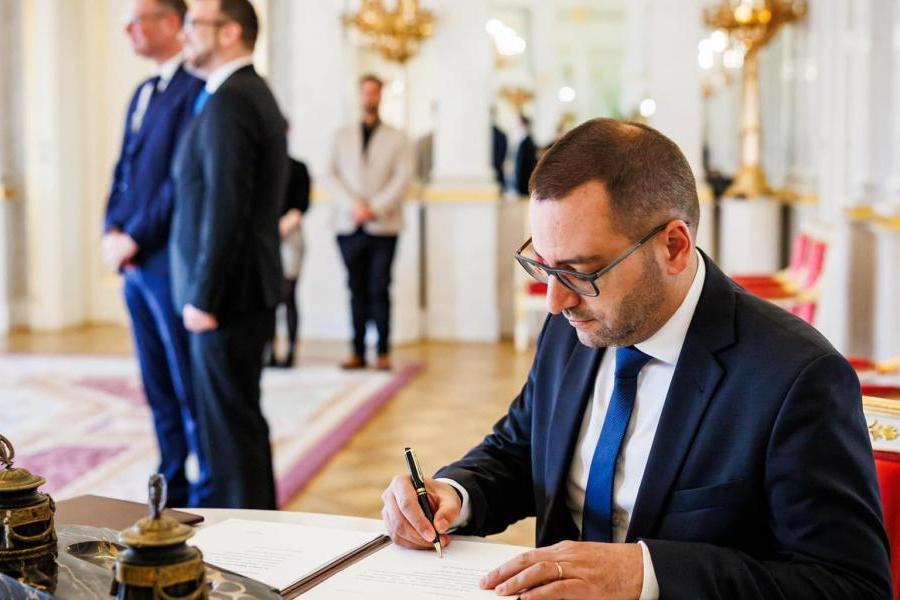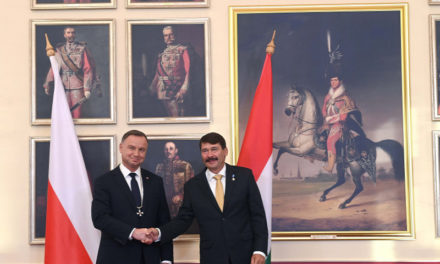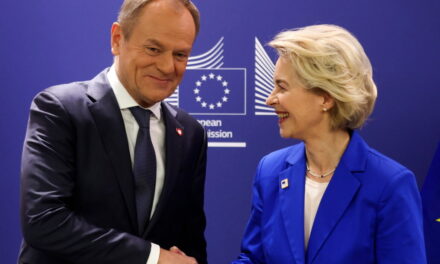In Monday's Kormányinfon, Gergely Gulyás Gulyás, the Minister in charge of the Prime Minister's Office, spoke about a regulation that will be developed in the Ministry of Justice for the sake of further transparency of the parties and the media.
At the same time, according to Mandiner's information
the Sovereignty Protection Office has been working for weeks on a comprehensive package of proposals that would require political pressure organizations and the media to be more transparent in order to find out who and with what intentions these entities are funded from abroad.
To this end, as confirmed by Mandiner's source working at the Sovereignty Protection Office, organizations that refuse to cooperate can expect serious measures. However, the source has not yet revealed more details than this.
This may also be important because there are already examples of refusal to cooperate. In recent weeks, the Office for the Protection of Sovereignty launched an investigation against Transparency International Hungary, which refused to cooperate with the office and appealed to the Constitutional Court.
Previously, the question of foreign money coming to political pressure organizations was also raised in the analysis presented by the Nézőpont Institute at the end of June. In fact, during its research, the institute came across surprising data regarding the amount of money used to support opposition media from abroad.
Levente Bánk Boros, director of political analysis at the institute, reported at the time that
that the level of foreign subsidies received by opposition media critical of the government may exceed HUF two billion annually.
As an example, he mentioned Partizán's YouTube channel, which received 572 million from abroad last year, and the publisher of Nyugat.hu received 87 million in support, including from the European Union. In 2023, 150 million came from abroad to its 444 publishers. However, many publishers did not submit reports, so it is not possible to get to know the relevant data.
It was already known that the Office for the Protection of Sovereignty has been dealing with the topic in some form for some time. Tamás Lánczi, the president of the office, spoke at the Nézőpont conference about the fact that in order to uncover hidden interests, in addition to the media in the traditional sense, they must monitor social media, monitor pressure groups (NGOs) financed from abroad and those political actors who appear in the public they shape Hungarian public opinion as experts.
This will be the first proposal package of the Office for the Protection of Sovereignty.
According to the Law on the Protection of Sovereignty, the tasks of the recently established organization include developing proposals and formulating recommendations for measures aimed at protecting Hungary's sovereignty, and may also propose the creation or amendment of legislation affecting national sovereignty.
By the way, the office also recently launched an investigation against Átlátszó, after the portal was classified as a foreign-supported organization based on reports published on its website, with a significant proportion of foreign subsidies in its annual budget.
Photo: Katalin Novák's Facebook page













